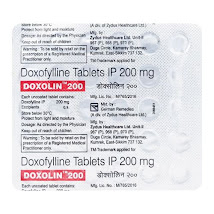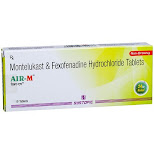Unraveling the Mystery of Constipation: Recognizing Symptoms and Seeking Relief
Constipation, though often dismissed as a minor inconvenience, can significantly impact our daily lives and overall well-being. Characterized by infrequent bowel movements or difficulty passing stools, constipation is a common digestive issue that affects people of all ages. In this blog, we'll delve into the symptoms of constipation, shedding light on this often overlooked aspect of health.
Infrequent Bowel Movements:
One of the hallmark signs of constipation is a notable reduction in the frequency of bowel movements. While the average person may have bowel movements anywhere from three times a day to three times a week, those experiencing constipation may find that they go several days without a bowel movement.
Difficulty Passing Stools:
Straining during bowel movements or feeling a sense of incomplete evacuation is another symptom of constipation. The stools may be hard, dry, and difficult to pass, causing discomfort and frustration.
Abdominal Discomfort:
Constipation often accompanies abdominal discomfort, bloating, and a feeling of fullness. The accumulation of stool in the colon can lead to distension, causing these uncomfortable sensations.
Rectal Bleeding or Anal Fissures:
Straining during bowel movements can lead to small tears in the skin around the anus, resulting in rectal bleeding or anal fissures. While this is not exclusive to constipation, it can be a symptom in some cases.
Abdominal Pain and Cramping:
Constipation can cause abdominal pain and cramping, making it uncomfortable for individuals to carry out their daily activities. The pain may be intermittent or persistent, depending on the severity of the constipation.
Feeling of Unfinished Business:
Even after a bowel movement, individuals with constipation may feel that their bowels are not entirely empty, contributing to a constant feeling of unfinished business.
Changes in Stool Consistency:
While constipation is often associated with hard and dry stools, it can also manifest as stools that are lumpy or pellet-like. Changes in stool consistency can be indicative of disruptions in the digestive process.
Reduced Appetite:
Some people with constipation may experience a decreased appetite. This can be a result of the discomfort and fullness associated with constipation, leading to a reluctance to eat.
General Malaise and Fatigue:
The overall impact of constipation on the body can result in a sense of malaise and fatigue. Disruptions in the digestive system can affect nutrient absorption and overall energy levels.
Conclusion:
Understanding the symptoms of constipation is crucial for timely intervention and management. Lifestyle modifications, dietary changes, and increased physical activity can often alleviate mild cases of constipation. However, persistent or severe symptoms should be discussed with a healthcare professional to identify underlying causes and explore appropriate treatment options. Remember, a healthy digestive system plays a pivotal role in our overall well-being, and addressing constipation is an essential step toward maintaining optimal health.



Comments
Post a Comment